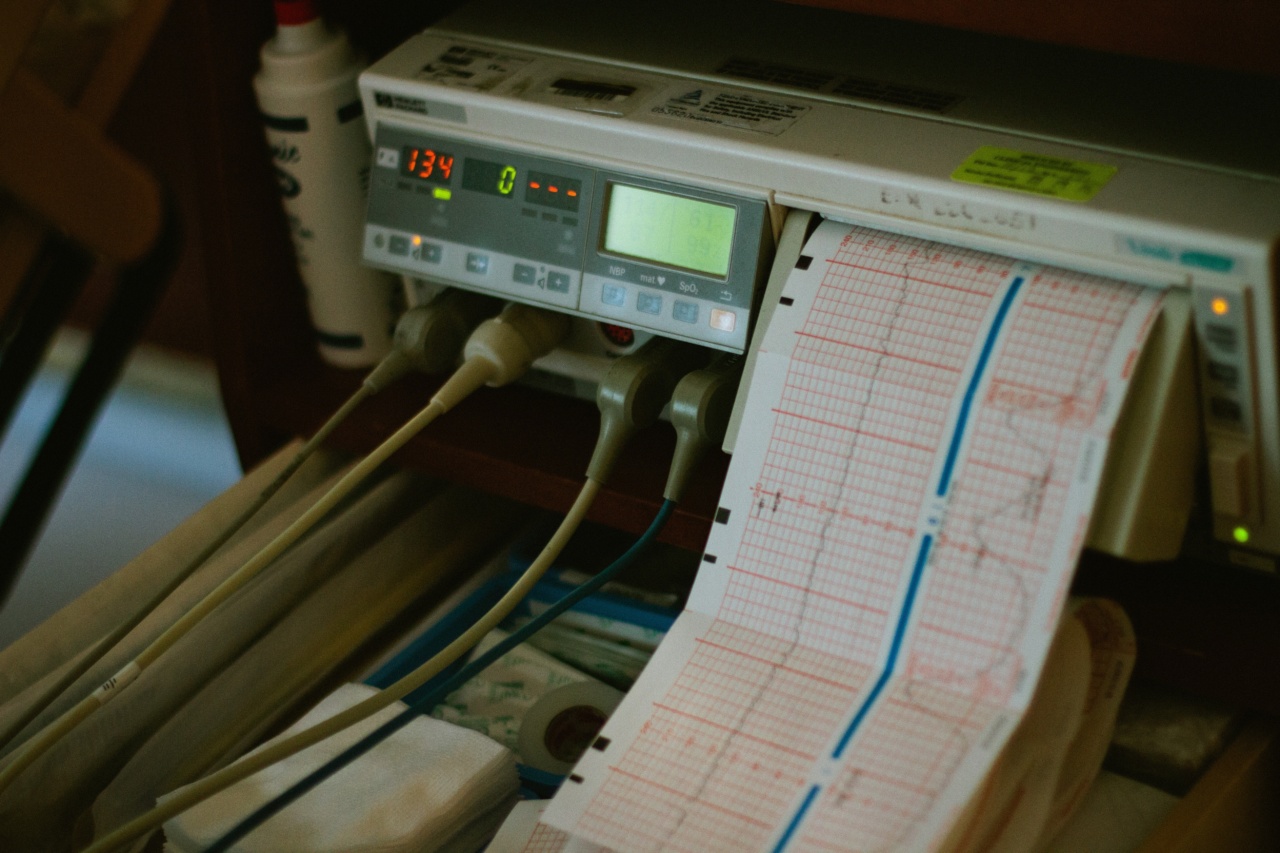A Caesarean delivery, also known as a C-section, is a surgical procedure in which a baby is delivered through an incision in the mother’s abdomen and uterus.
This method is often used when vaginal delivery might pose a risk to the mother or the baby’s health. While the primary focus of a C-section is to ensure the safety of the mother, the significance of the baby’s health should not be underestimated.
In this article, we will explore the importance of the baby’s health in a Caesarean delivery and discuss the various factors that contribute to ensuring a healthy outcome.
The Role of Medical Professionals
During a Caesarean delivery, the expertise and vigilance of the medical professionals involved play a crucial role in safeguarding the baby’s health.
Obstetricians, anesthesiologists, and neonatal specialists work in tandem to monitor the baby’s vital signs, administer appropriate medication, and provide immediate medical intervention if necessary.
The Timing of the Procedure
Timing is a critical factor in a Caesarean delivery. The decision to proceed with an emergency C-section is typically made when the health of the baby or the mother is at risk.
Delaying the procedure can lead to adverse outcomes for the baby, such as oxygen deprivation, stress, or trauma. Therefore, deciding the appropriate timing for a C-section is of utmost importance to ensure the baby’s health is protected.
Reducing the Risk of Birth Complications
One of the key objectives of a Caesarean delivery is to minimize the risk of birth complications that could threaten the baby’s health.
Conditions such as umbilical cord prolapse, placenta previa, or fetal distress may necessitate an emergency C-section. By promptly addressing these complications, medical professionals can enhance the baby’s chances of being born healthy and reducing the potential risks associated with a complicated birth.
The Role of Anesthesia
Anesthesia plays a vital role in ensuring the baby’s health during a Caesarean delivery. Anesthesiologists carefully administer anesthesia to the mother, which enables a pain-free surgery while also ensuring the baby’s safety.
The anesthesia used during a C-section should not adversely affect the baby’s respiratory function, blood pressure, or overall well-being. Thus, keeping the baby’s health in mind is crucial when selecting the appropriate anesthesia for the procedure.
The Prevention of Neonatal Infections
During a Caesarean delivery, steps are taken to minimize the risk of neonatal infections. The baby is delivered in a sterile environment, and antibiotics may be administered to prevent any potential infections.
This helps in safeguarding the baby’s health and reducing the likelihood of post-operative complications.
The Role of Neonatal Specialists
Neonatal specialists play a significant role in ensuring the baby’s health after a Caesarean delivery. They are responsible for conducting a thorough examination of the newborn, monitoring their vital signs, and identifying any signs of distress.
In case of complications, neonatal specialists are trained to provide immediate medical interventions, thus ensuring the best possible outcome for the baby.
The Importance of Postnatal Care
Postnatal care and monitoring are essential for the baby’s health after a Caesarean delivery. This includes regular check-ups, vaccinations, and providing necessary support to the mother for breastfeeding and bonding with the baby.
By ensuring comprehensive postnatal care, the chances of any long-term health issues for the baby can be minimized.
The Role of the Mother
The mother’s health and well-being can greatly impact the baby’s health, even in a Caesarean delivery.
Taking care of oneself, following medical advice, maintaining proper nutrition, and practicing good hygienic habits are essential for promoting the baby’s health. It is important for the mother to prioritize self-care to be able to care for the baby effectively.
Minimizing Stress and Anxiety
A calm and stress-free environment is beneficial for both the mother and the baby during a Caesarean delivery.
Minimizing stress and anxiety levels can positively impact the baby’s health by promoting optimal blood circulation, reducing the chances of complications, and facilitating a smoother recovery. Support from family, friends, and medical professionals is crucial in creating a positive birthing experience for the mother and the baby.
Evaluating Long-Term Health Effects
While the immediate health of the baby is of utmost importance during a Caesarean delivery, it is also essential to consider any potential long-term health effects.
Studies have suggested a correlation between C-sections and an increased risk of certain conditions, such as asthma, obesity, and autoimmune diseases later in life. Understanding and monitoring these possibilities allows for necessary precautions and timely interventions, ensuring the best possible long-term health outcomes for the baby.
Conclusion
A Caesarean delivery can be a life-saving procedure for both the mother and the baby. While the primary focus is on the mother’s well-being, it is vital to acknowledge the significance of the baby’s health.
Proper planning, coordination, and medical expertise are crucial in ensuring a successful and healthy outcome. By prioritizing the baby’s health at every step, from pre-operation evaluations to post-natal care, medical professionals can minimize risks and enhance the chances of a positive long-term prognosis for the baby.




























